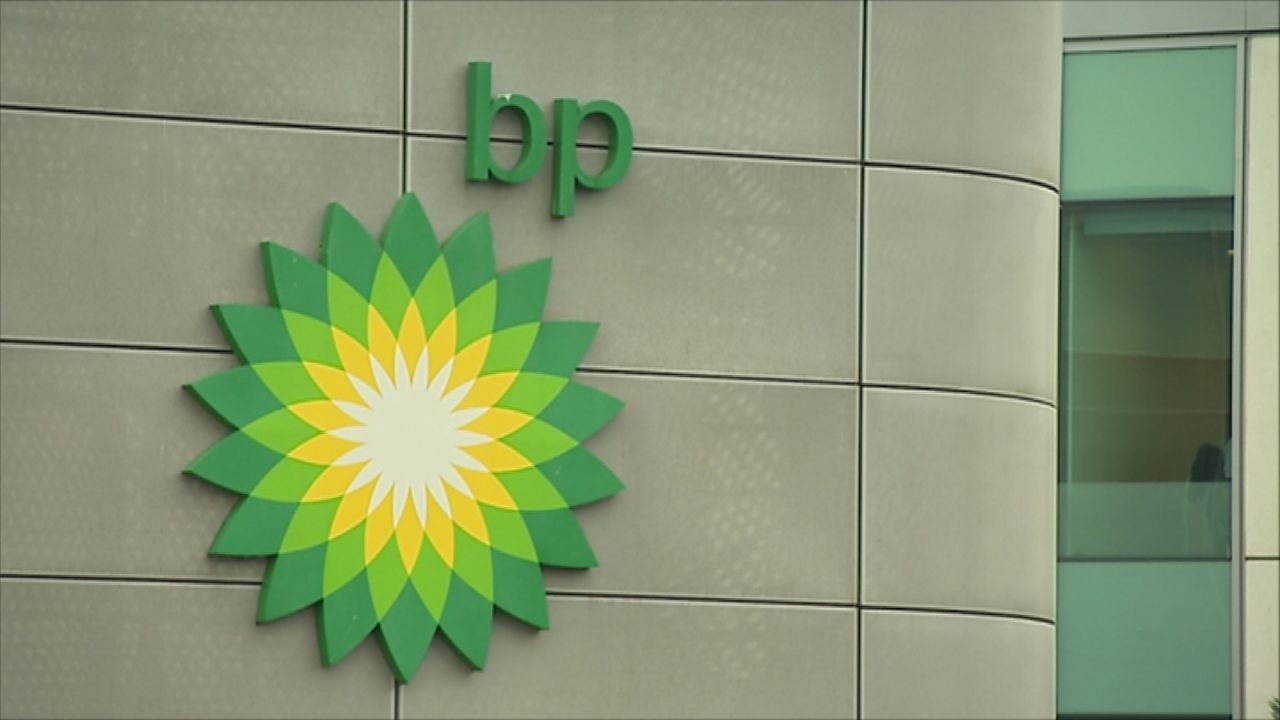There have been renewed calls for a windfall tax on oil firms after BP announced a doubling of profits for the first three months of the year.
The oil giant reported an underlying profit of $6.2bn (£4.9bn) for the first quarter, compared with $2.1bn (£1.6bn) for the same period last year.
It says the figures were driven by ‘exceptional oil and gas trading’.
A number of opposition parties have called for a one off windfall tax to help cut energy bills for struggling households.
It would tax the profits of oil and gas firms.
Shadow international trade secretary, Nick Thomas-Symonds said: “That money could actually be going into supporting working families to up to six hundred pounds off their energy bills.”
The Scottish Greens energy spokesperson, Mark Ruskell said: “Far too many families are struggling and facing costs they simply cannot afford.
“Nobody should have to choose between heating and eating, but for some they can now afford neither.”
“For the fossil fuel giants times have rarely been better.
“Introducing a windfall tax on the obscene profits made by the big energy companies would be a vital step in raising the money that is needed to help households pay for their fuel bills.”
However, the UK Government has resisted calls to introduce a windfall tax.
The Prime Minister told Good Morning Britain: “If you put a windfall tax on the energy companies what that means is that you discourage them from making the investments that we want to see, that will in the end keep energy prices lower for everybody.”
The industry body has argued that the sector already pays billion in tax and any additional could put off firms from investing.
Ross Dornan from industry body OEUK said: “Our industry is taxed at a higher rate than the rest of the economy, forty per cent of the profits that companies across our industry make.
“Because companies are making more money at the moment then they are paying more taxes.
“At the moment companies in the sector are paying on whole around 20 million pounds per day in taxes from the production of oil and gas here in the UK and over the next five years we expect the industry to pay somewhere in the region 23 to 24 billion pounds.”
BP reported a loss of $20.4bn (£16.3bn) over the first quarter as the firm took a hit from divesting in Russia after the war in Ukraine.
It ditched its near 20% stake in the oil producer Rosneft, which is co-owned by the Kremlin.
But the soaring price of oil and gas after Russia started the war in Ukraine has helped to drive profits.
Prof Paul De Leeuw from the Robert Gordon Energy Transition Institute said: “BP is probably disproportionately exposed to Russia, half the reserves, a third of their production and a fifth of their profits are linked into the Russia situation.
“Of course you take that out and it has a massive impact on the financial books.”
BP’s Chief Executive, Bernard Looney said: “In a quarter dominated by the tragic events in Ukraine and volatility in energy markets, bp’s focus has been on supplying the reliable energy our customers need.
“Our decision in February to exit our shareholding in Rosneft resulted in the material non-cash charges and headline loss we reported today.”
Follow STV News on WhatsApp
Scan the QR code on your mobile device for all the latest news from around the country




























